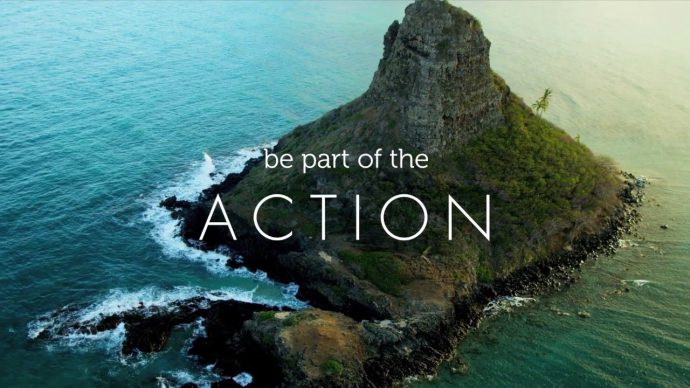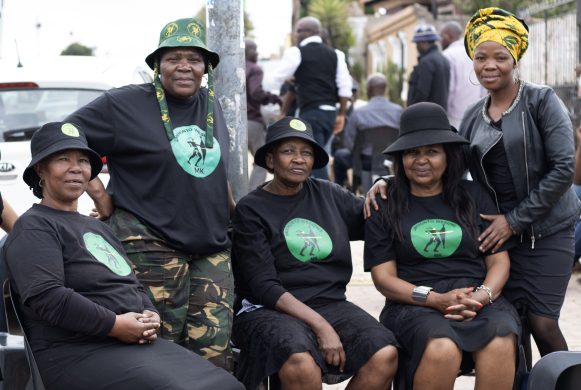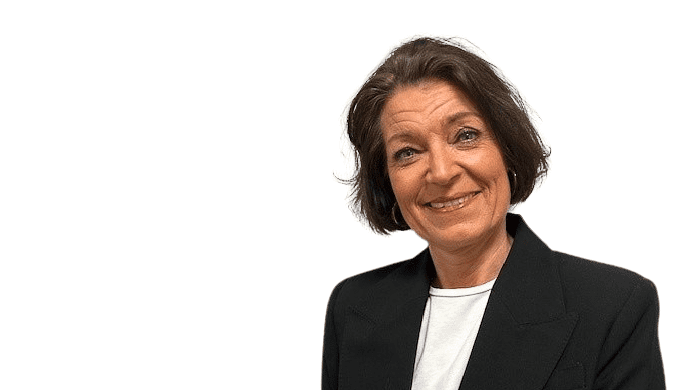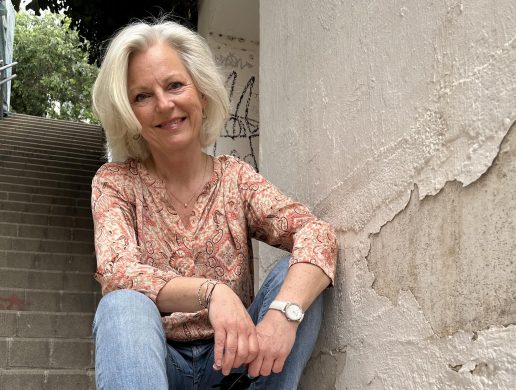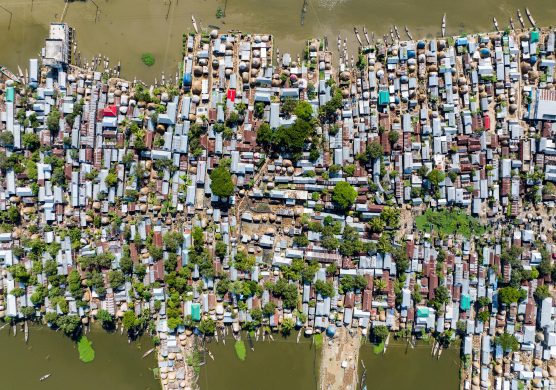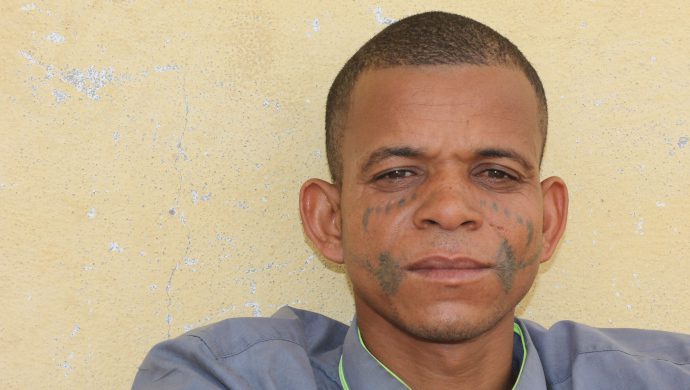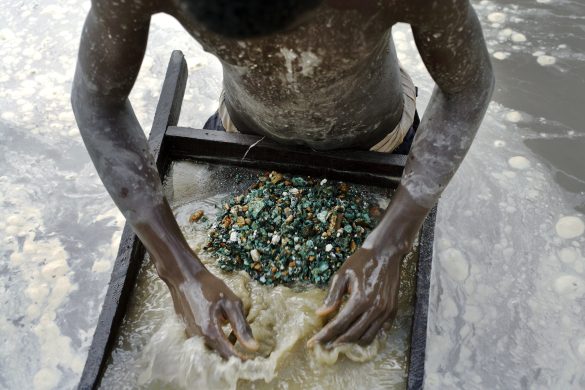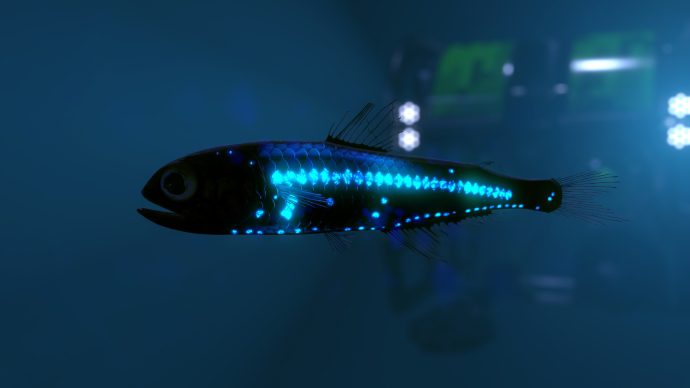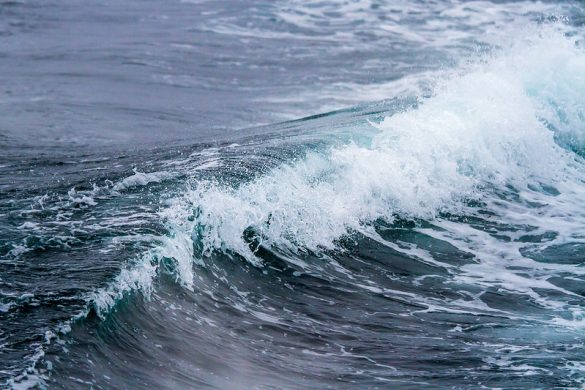International Union for Conservation of Nature and Natural Resources (IUCN) store verdenskongres er nu slut, og den næste bliver først i 2020. Dermed har træffet i Honolulu på Hawaii sat retningen for naturbevarelse i de næste mange år.
Det konkrete udkomme af topmødet er de såkaldte “Hawaii Commitments”, som kan hentes her:
https://portals.iucn.org/congress/hawaii-commitments
Den verdensomspændende organisation er måske bedst kendt for at udgive den såkaldte rødliste over truede dyre- og plantearter, verdens mest omfattende værktøj til at danne sig et overblik over arternes tilstand.
Organisationen har haft en dansker i spidsen siden 2014, og er blevet støttet af Danmark i en årrække. Venstre-regeringen valgte alligevel sidste år at sløjfe den danske støtte til organisationen.
Nogle af de allersidste beslutninger ved det ti dage lange topmøde var et initiativ, der sakl knytte mennesker bedre til naturen og et reservat for hvaler.
Her er det nye #NatureForAll beskrevet i en pressemeddelelse af IUCN:
Naturen er for alle
#NatureForAll is IUCN’s new global movement founded on a simple idea: the more people experience, connect with, and share their love for nature, the more support there will be for its conservation in the future.
The IUCN Commission on Education and Communication (CEC) and World Commission on Protected Areas (WCPA) conceived of and implemented the movement.
Just as numerous organisations collaborate to examine species health, #NatureForAll applies the same IUCN model to communication and engagement.
More than 110 partners have already agreed to join forces to share best practices and tools to connect people to nature.
Parks Canada CEO Daniel Watson was an early supporter of the movement.
“Inspiring people to experience and connect with nature is a key priority for Parks Canada. Parks Canada is committed to maintaining and restoring ecological integrity in our protected areas, and providing Canadians with meaningful opportunities to discover and enjoy them. That includes ensuring that the #NatureForAll initiative continues to move forward,” he said.
Oldest and largest global environmental organization
Created in 1948, IUCN is the world’s oldest and largest global environmental organisation, with more than 1,300 government agencies, NGOs larger and small, scientific and academic institutional members, and close to 15,000 Commission Members.
The week-long launch included:
· A high-level opening ceremony with Alison Sudol toasting that set the tone for a call to action to an overflowing audience;
· A pavilion that hosted nearly 50 events, including performances, series of workshops and professional development sessions that provided a space for participants to reflect on content, share experiences, identify opportunities, build the network, and collectively develop strategies to better connect people to nature;
· The launch of an awe-inspiring new video delivered to the IUCN Assembly at the World Conservation Congress.
“From Alison Sudol to dancers to inquisitive children to media moguls, #NatureForAll offered a vibrant energy with the strong reminder that people are part of nature,” stated CEC Chair Nancy Colleton. “It's a reminder of how important it is to reconnect people to nature – no matter the method.”
Cultural biodiversity week
Connections forged among youth leaders at a #NatureForAll Congress event have already led to the Cultural Biodiversity Week in Kpele Tsiko, Togo.
As stated by Dode Houehounha, a WCPA young professional with the IUCN West and Central Africa Programme:
“we already planned our first #NatureForAll event: to convene 200 youth from Togo, Benin, Burkina Faso and Ghana to discuss conservation of sacred sites, food security, intergenerational partnerships and connecting youth leaders with nature. This will make it part of a global, inclusive initiative that works with many partners, both from the north and the south.”
Houehounha and his colleagues are already demonstrating the power of this movement.
Nyt hvalreservat i Sydatlanten
Hvalreservatet bliver glædeligt modtaget af Born Free Foundation ifølge dennne pressemeddelelse fra Born Free Foundation:
|

